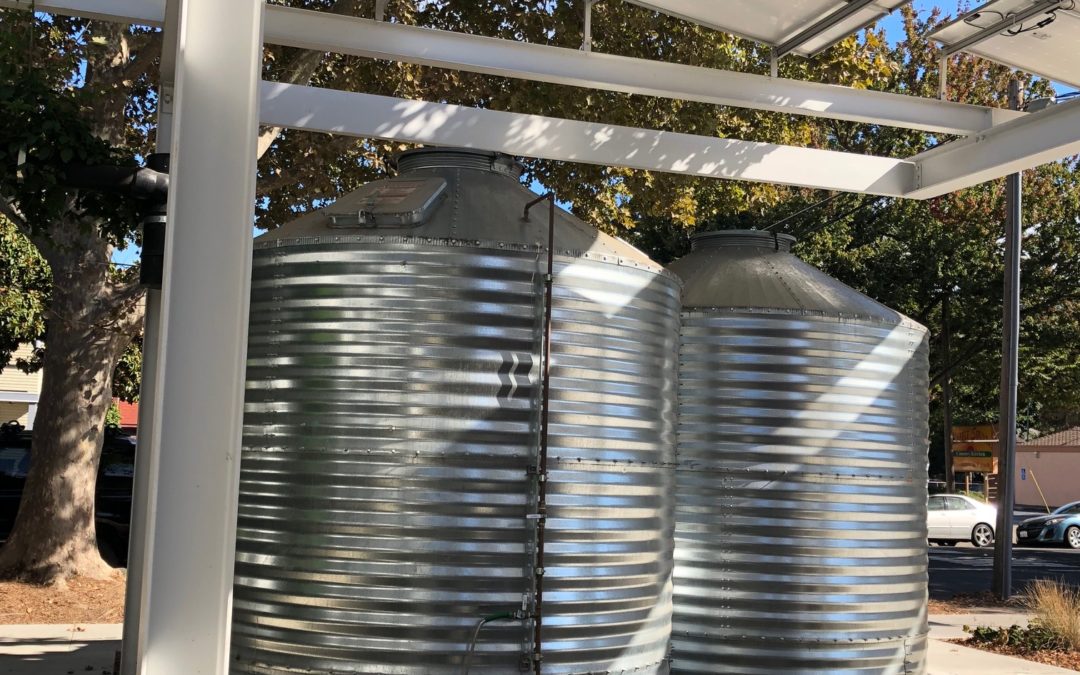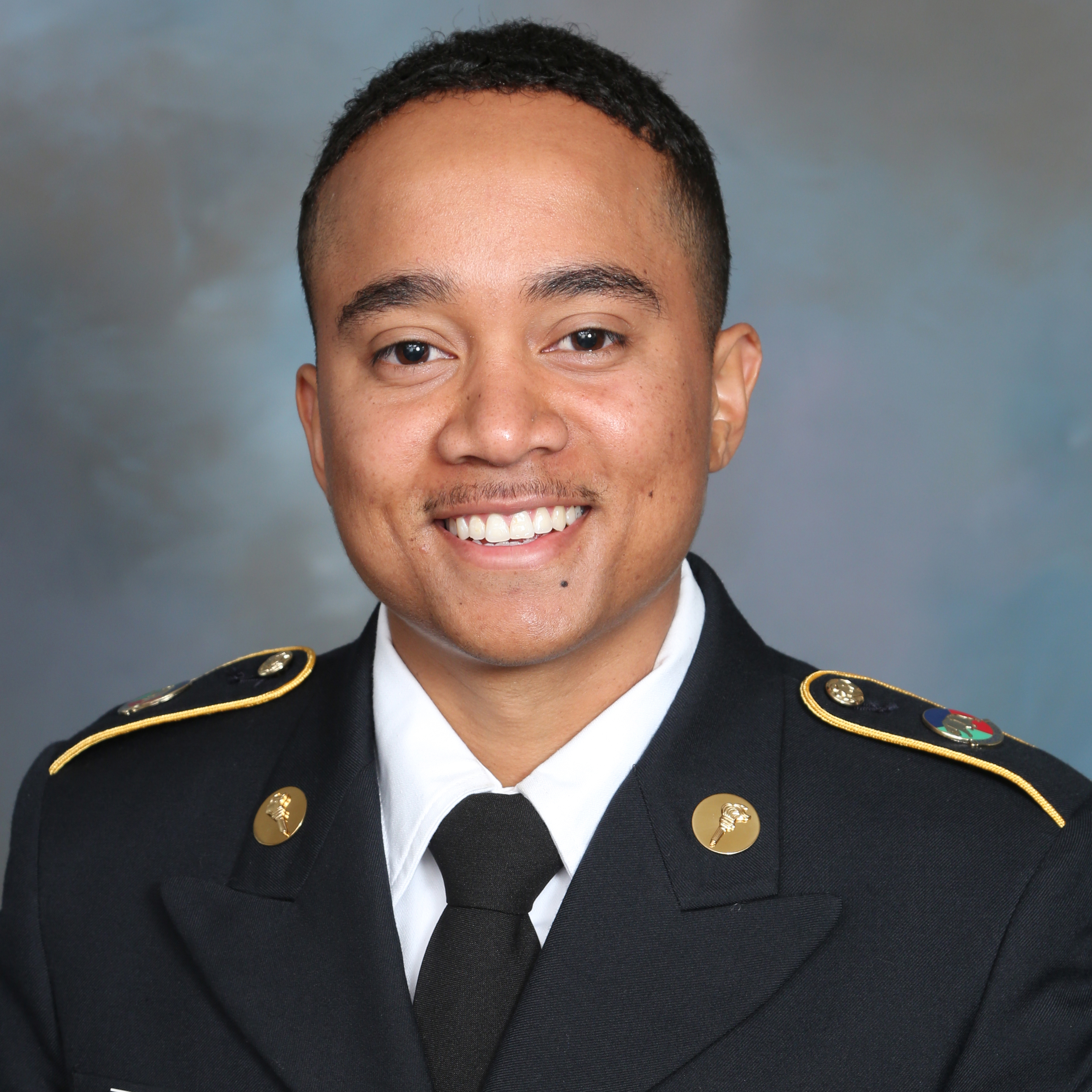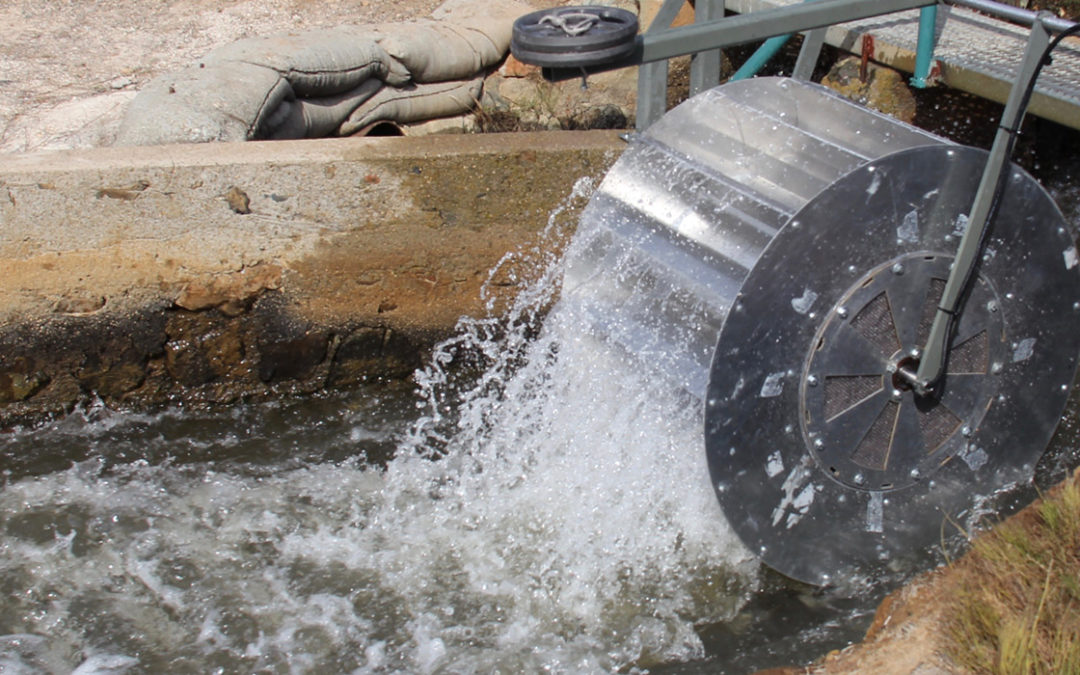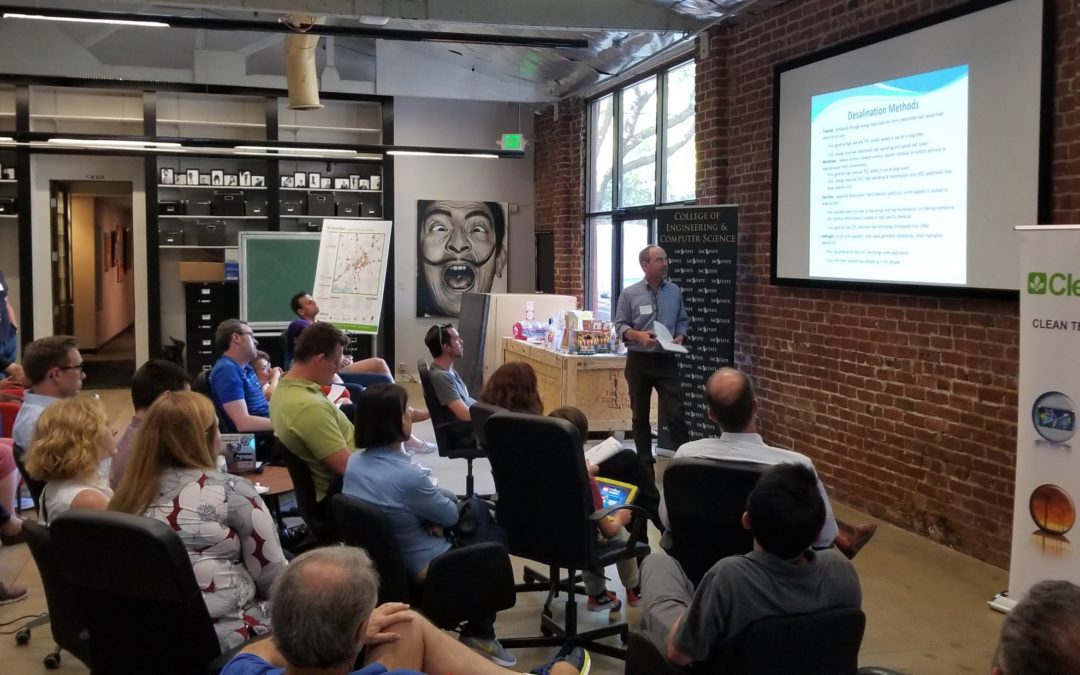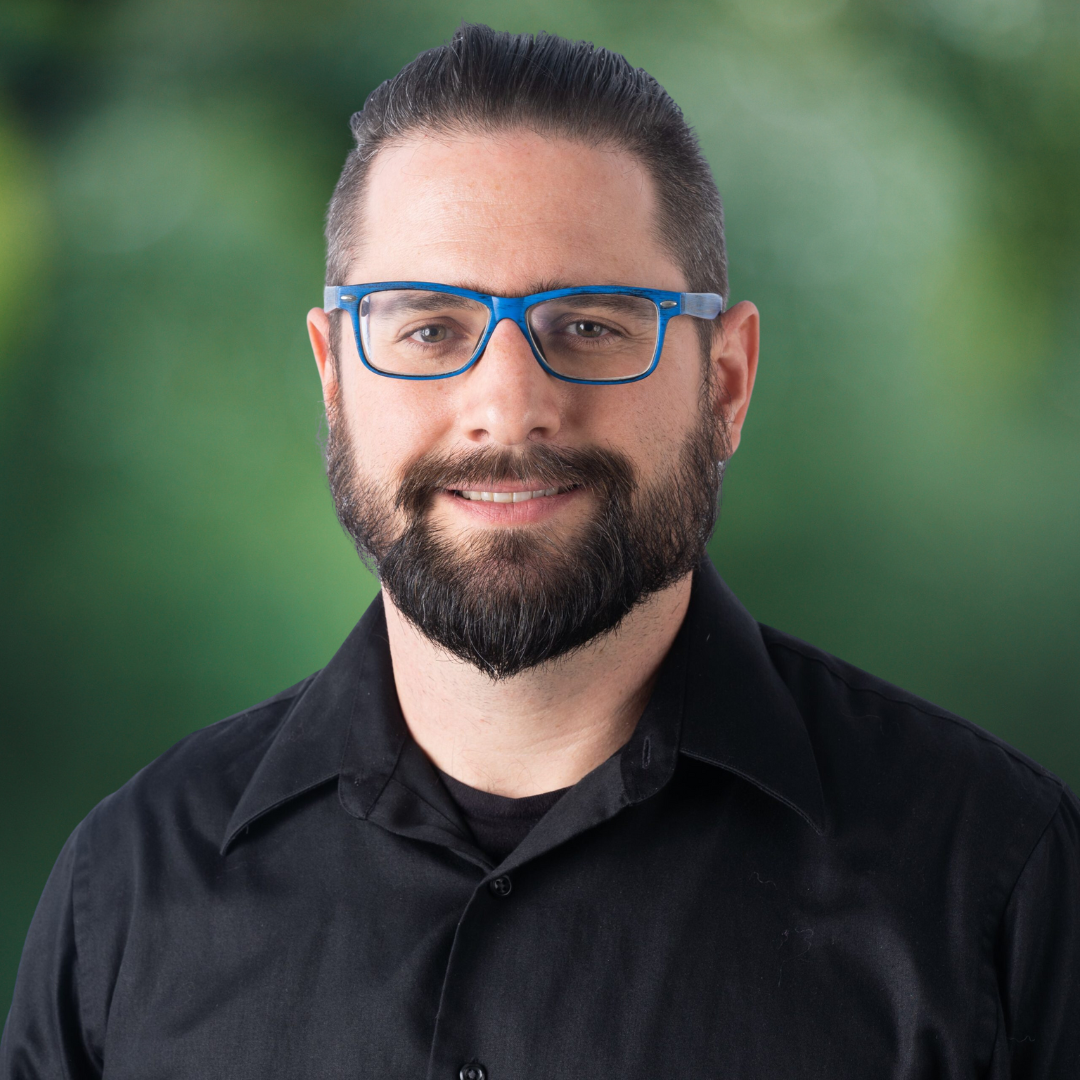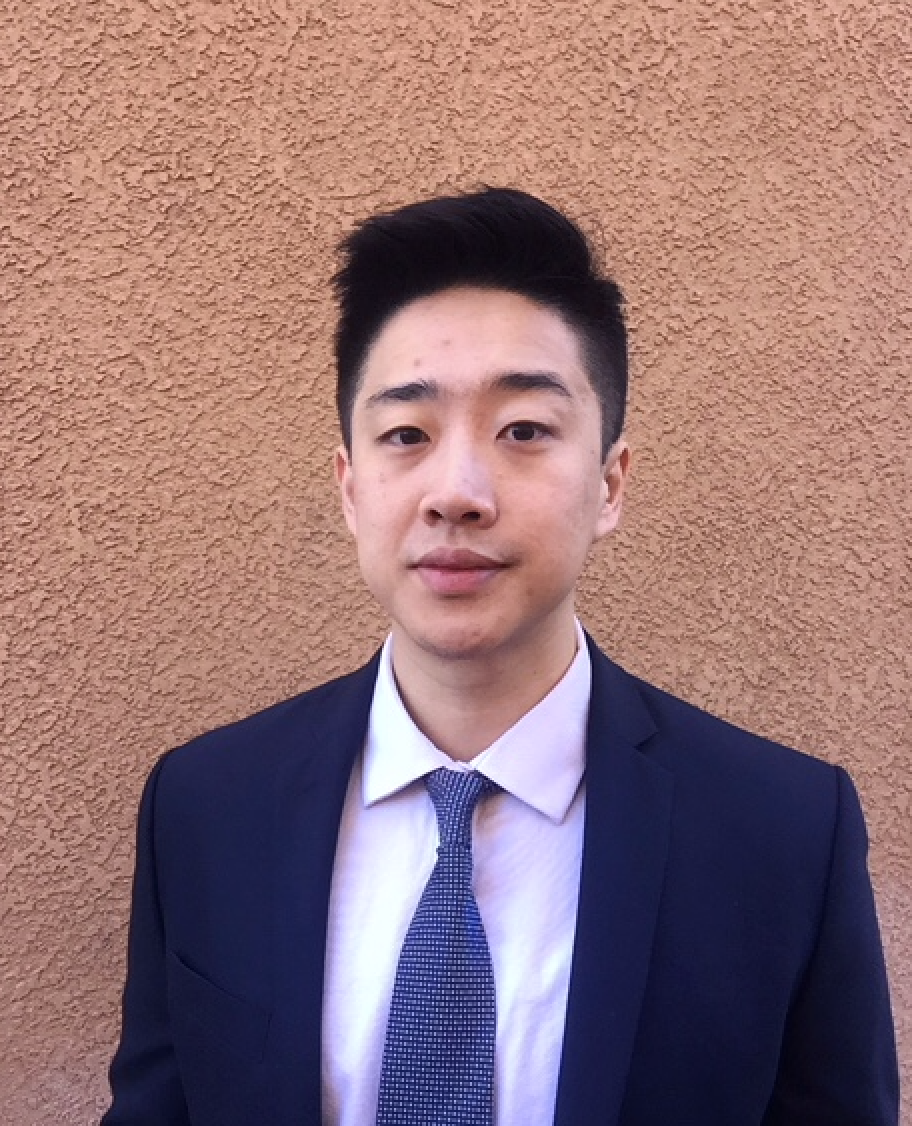
Treat Water Like it Matters
Every day we take for granted that we have instant potable water at our fingertips. Maybe, we leave the water running for a shower a bit long or pour out a cup of water we couldn’t finish. We aren’t alone, many companies make small decisions that cause them to use more water. These companies pay for the water and would want to save the cost but cannot see how. Water savings and conservation matters to people and companies, how can they treat it that way?
Recently, we talked with Anthony Jones a habitual entrepreneur around water with more than 10 years of experience to learn about what he has been up to. His experience and network connected him with an early stage water startup called Waterhound Futures, whose motto is “We treat water like it matters… it does!”
Waterhound Futures adds intelligence to water and waste treatment plants with a web-based software-as-a-service tool to help eliminate contamination of freshwater caused by untreated wastewater at source, by providing real time data collection, monitoring and predictive decision tools. Decision tools eliminate traditional methods of wastewater management.
Water is scarce. Wastewater treatment plants don’t measure the amount of contaminants contained in water which could be harmful. Waterhound is addressing the lack of real time data on water conditions been sent out of wastewater plants by offering a web-enabled digital tool to enable Management, plant operators,and design engineers to optimize the entire wastewater treatment processes. This will enable wastewater plants to plan for preventive maintenance and upgrades to optimize performance of the plant.
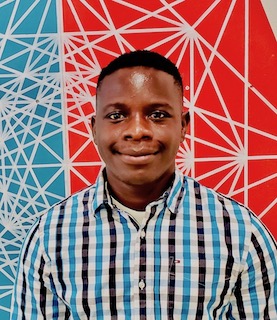
ABOUT THE AUTHOR
Osato Evbuomwan is a CSU Sacramento Mechanical Engineering Graduate Student who is the newest associate at CleanStart. Growing up in Nigeria with smog from backup diesel/ gasoline generators inspired Osato to work towards building a sustainable future for the world.
CleanStart Sponsors
Weintraub | Tobin, EY, Stoel Rives, Revrnt, Hacker Lab
BlueTech Valley, Buchalter, Moss Adams, PowerSoft.biz
College of Engineering & Computer Science at Sacramento State


